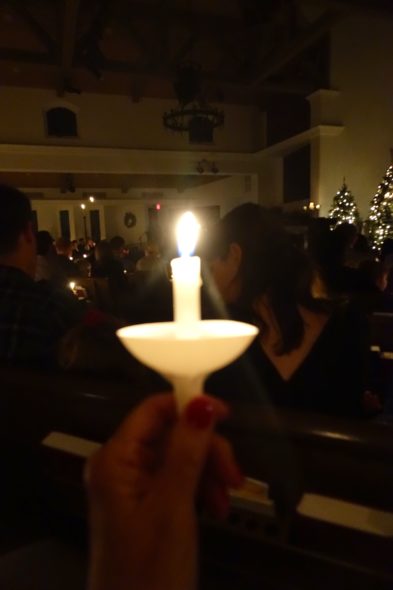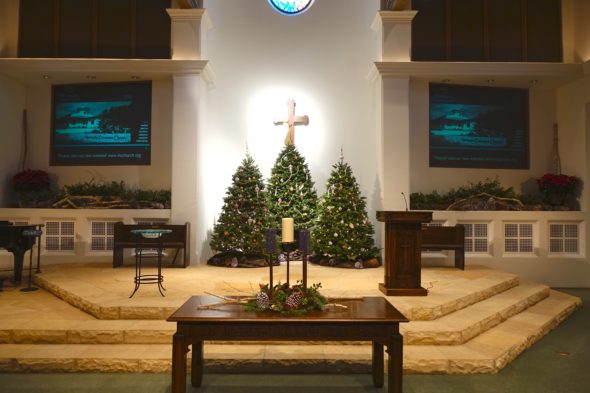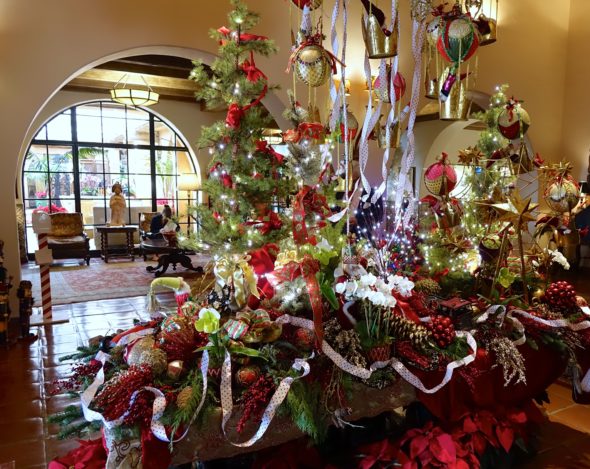Jonah 3:1-10
The word of the Lord came to Jonah a second time, saying, “Get up, go to Nineveh, that great city, and proclaim to it the message that I tell you.” So Jonah set out and went to Nineveh, according to the word of the Lord. Now Nineveh was an exceedingly large city, a three days’ walk across. Jonah began to go into the city, going a day’s walk. And he cried out, “Forty days more, and Nineveh shall be overthrown!” And the people of Nineveh believed God; they proclaimed a fast, and everyone, great and small, put on sackcloth.
When the news reached the king of Nineveh, he rose from his throne, removed his robe, covered himself with sackcloth, and sat in ashes. Then he had a proclamation made in Nineveh: “By the decree of the king and his nobles: No human being or animal, no herd or flock, shall taste anything. They shall not feed, nor shall they drink water. Human beings and animals shall be covered with sackcloth, and they shall cry mightily to God. All shall turn from their evil ways and from the violence that is in their hands. Who knows? God may relent and change his mind; he may turn from his fierce anger, so that we do not perish.”
When God saw what they did, how they turned from their evil ways, God changed his mind about the calamity that he had said he would bring upon them; and he did not do it.
“When God saw what they did, how they turned from their evil ways, God changed his mind.” Don’t you love that little phrase? I imagine that for some folks, the implications of these words are troubling. At one time, they would have troubled me, as well.
No longer.
And there are a couple of reasons for that. One of them is what I’ve learned over the years about genre in the collection of literature we call the Bible. Another is what I’ve learned — and experienced — of God.
Like the first 11 chapters of the book of Genesis, this quirky small book called “Jonah” is not meant to be taken as historical account. Jonah gives us an illustrative story, much like the parables Jesus used so effectively in his years of ministry.
That does not mean that it’s a ‘lie.’ On the contrary, Jonah tell us essential truth, truth writ large and loud and it shimmers with its glorious reflection of the heart of our God. It stands as a counterbalance to so much of the Old Testament narrative, those stories that tell us about the development of a chosen people and their purpose in the world. Those stories of failure, over and over again. Those stories that feature distinction, that tell the stories of one particular people group and the ways in which they interact with the One God.
Not so the story of Jonah. Here we have a beautiful little gem about inclusion. And surprise. And grace. Oh, yes, grace. Divine grace, juxtaposed to human lack of same! Jonah is like so many of us, maybe even all of us, don’t you think? He finds God’s bottomless wellspring of love for the entire world to be both unbelievable and unwelcome. If we are honest, most of us would probably rather that God didn’t love just anybody (and most certainly, not everybody) the way that God loves us.
Enter Jonah.
But guess what? The folks over there in that pagan, godless town called Ninevah actually listen to Jonah’s words. Not only that, but they choose to turn around, to repent and to recognize their need for what God has to offer. They heed Jonah’s word of warning.
And God changed God’s mind.
Wow.
Oh, God of wonder, thank you for changing your mind about us, too. Thank you for wooing us — all of us — for giving us a way out of our own destructiveness and willfulness and pride. Hear our cries of repentance this day, and every day, and give us eyes to see your heart of love. Amen.

































